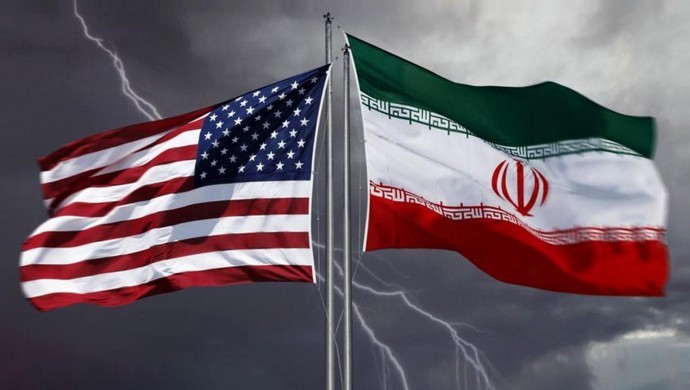Russian President Vladimir Putin will demand that countries that Russia describes as "hostile" pay in rubles for Russian gas, according to Interfax. According to this; The central bank is ordered to set the government's ruble payment schedule for Russian gas within a week, while Russia will continue to supply the contracted quantities, only changing the payment currency. Russia's list of unfriendly countries includes the US, the UK, and the countries of the European Union.
Russia's request for payments in rubles is also a situation related to the "rubleization" that it is obliged to; As a country whose central bank cannot access its foreign exchange assets and cannot sell its gold to foreign buyers due to sanctions, there is no room for action in creating foreign exchange. In addition, at the beginning of the crisis and the financial volatility caused by the sanctions, Russia introduced a certain amount of capital controls (such as the obligation of exporting companies to return to rubles at the rate of 80%, the ban on foreign currency deposits in accounts outside Russia). If Russia is to demand payments in rubles, it technically imposes an imposition such as the EU's requirement to get rubles. The SWIFT ban has made transfers difficult and if it directly concerns the energy market and blocks energy payments to Russian banks, the business will change.
Under normal circumstances, as oil increased, Russia's revenues increased, allowing for the accumulation of reserves. The phenomenon that enabled CBR Governor Nabiullina to accumulate over 600 billion dollars in post-2014 reserve management was the oil recovery between 2015-2020. Then came the demand shock with Covid and the prices bottomed out again. After the pandemic, the recovering market and tight supply first normalized prices, then increased them, and now prices are at high levels due to war and embargoes. The ruble, on the other hand, has become a volatile currency and has ceased to be a convertible currency due to sanctions. It is not known whether energy payments in rubles will lead to the phenomenon of petroruble. However, another very recent step had been taken that would reduce the dollar's weight in this market: Saudi Arabia's sale of yuan-based oil to China.
While the business is on the gas provided by Gazprom, some decisions will probably be made by Friday from the meeting, where the US is expected to offer some solutions to Europe on oil and gas dependency. According to some reports, the Biden administration and the European Union are close to an agreement aimed at reducing Europe's dependence on Russian energy supplies. The plan is believed to aim to increase supplies of American gas, LNG and hydrogen to Europe. Technically, however, the issue of the US guaranteeing certain quantities of gas to the EU is complex, while the costs of holding in port and shipping make the pricing phase of the deal important. The decrease in demand will not cool the price, because the natural gas that Europe needs is more about industrial production, not about end-use. Under all these circumstances, it is critical to compensate for the deficit that would arise if the import of Russian oil and gas was banned. A realized supply gap will drive prices higher.
Kaynak: Tera Yatırım
Hibya Haber Ajansı







